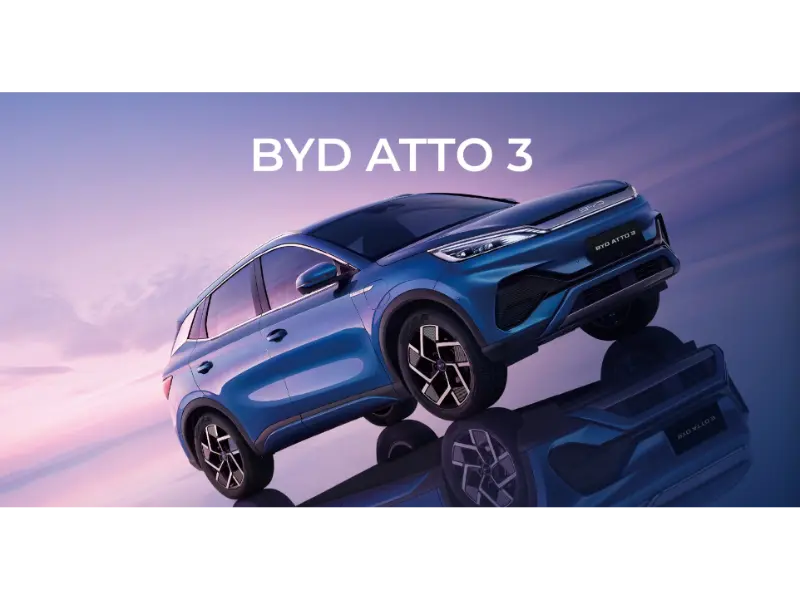- BYD, which overtook Tesla last year as the world’s No. 1 electric vehicle manufacturer, will use Nvidia’s next generation of in-vehicle chips, called Drive Thor
- Nvidia will also work with other Chinese automakers to use Drive Thor chips to enhance levels of autonomous driving and other digital functions.
U.S. chipmaker Nvidia is expanding its partnership with Chinese EV maker BYD to include auto manufacturing and in-car computing, which can compete in global markets.
Drive Thor
Drive Thor is powered by Nvidia’s latest AI chipset, Blackwell, which was unveiled on the same day. The chipset is designed for large language models and generative AI workloads.
According to Nvidia’s Vice President for Automotive, Danny Shapiro, “Drive Thor is going into BYD (vehicles) next year.” Besides, “BYD will also use Nvidia technology to streamline factories and its supply chain, as well as to develop virtual showrooms,” he added.
In addition to BYD, it announced that several other Chinese automobile makers will adopt its Drive Thor as the “AI brain” for their next generation of EV fleets. These include Xpeng and Hyper, a premium luxury brand owned by Gac Aion.
Geely’s luxury EV brands Zeekr and Li Auto were among the first to include Drive Thor in their roadmap for future models.
Chinese auto brands are turning to Nvidia as they use advanced technology to compensate for what they currently lack in global brand recognition. BYD and its rivals are driving to expand sales in Europe, Southeast Asia, and other markets outside China while competing with Tesla and other established Western vehicle brands in their home market.
“There’s a massive number of Chinese automakers,” Shapiro said. “They have a lot of incentives in place to innovate, a lot of regulation that’s favourable” to developing increasing levels of automated driving.”
Also read: Smartphone maker Xiaomi to deliver first electric vehicle in China this month
Restrictions
Washington has curbed shipments of Nvidia’s flagship AI chips to China due to national security concerns. The company redesigned its offerings to meet the regulations, but Washington later tightened those restrictions further and has threatened to do so again if Nvidia attempts something similar.

